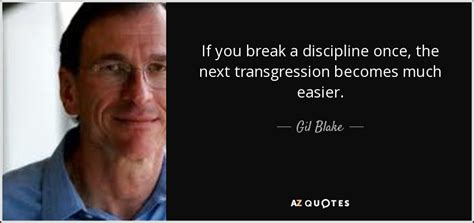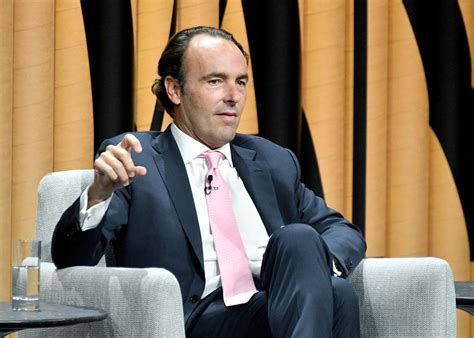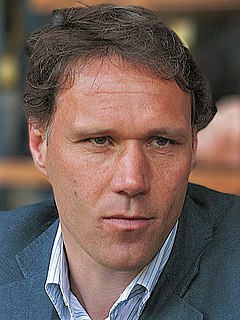A Quote by Joel Greenblatt
It just seems logical that sticking to investing in only a small number of companies that you understand well, rather than moving down the list to your thirtieth or fiftieth favorite pick, would create a much greater potential to earn above-average investment returns.
Related Quotes
When people who earn more than the average have their 'surplus', or the greater part of it, seized from them in taxes, and when people who earn less than average have the deficiency , or the greater part of it, turned over to them in hand-outs and doles, the production of all must sharply decline; for the energetic and able who lose their incentive to produce more than the average, and the slothful and unskilled lose their incentive to improve their condition.
There are a few investment managers, of course, who are very good - though in the short run, it's difficult to determine whether a great record is due to luck or talent. Most advisors, however, are far better at generating high fees than they are at generating high returns. In truth, their core competence is salesmanship. Rather than listen to their siren songs, investors - large and small - should instead read Jack Bogle's The Little Book of Common Sense Investing.
Hedge funds try to produce above-average investment returns using tactics ranging from traditional stock-picking to complex derivative and arbitrage plays. High minimum investments, redemption restrictions and aggressive strategies make them suitable mainly for more sophisticated and well-heeled investors.
The risk of an investment is described by both the probability and the potential amount of loss. The risk of an investment-the probability of an adverse outcome-is partly inherent in its very nature. A dollar spent on biotechnology research is a riskier investment than a dollar used to purchase utility equipment. The former has both a greater probability of loss and a greater percentage of the investment at stake.
It comforts me to think that if we are created beings, the thing that created us would have to be greater than us, so much greater, in fact, that we would not be able to understand it. It would have to be greater than the facts of our reality, and so it would seem to us, looking out from within our reality that it would contradict reason. But reason itself would suggest it would have to be greater than reality, or it would not be reasonable.
Below, we itemize some of the quite different lessons investors seem to have learned as of late 2009 - false lessons, we believe. To not only learn but also effectively implement investment lessons requires a disciplined, often contrary, and long-term-oriented investment approach. It requires a resolute focus on risk aversion rather than maximizing immediate returns, as well as an understanding of history, a sense of financial market cycles, and, at times, extraordinary patience.
The Berkshire-style investors tend to be less diversified than other people. The academics have done a terrible disservice to intelligent investors by glorifying the idea of diversification. Because I just think the whole concept is literally almost insane. It emphasizes feeling good about not having your investment results depart very much from average investment results. But why would you get on the bandwagon like that if somebody didn't make you with a whip and a gun?





































